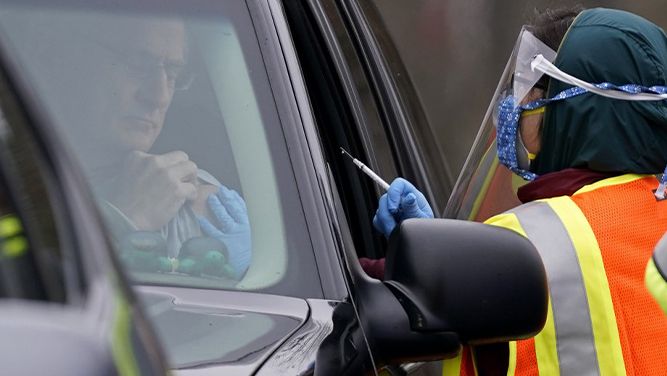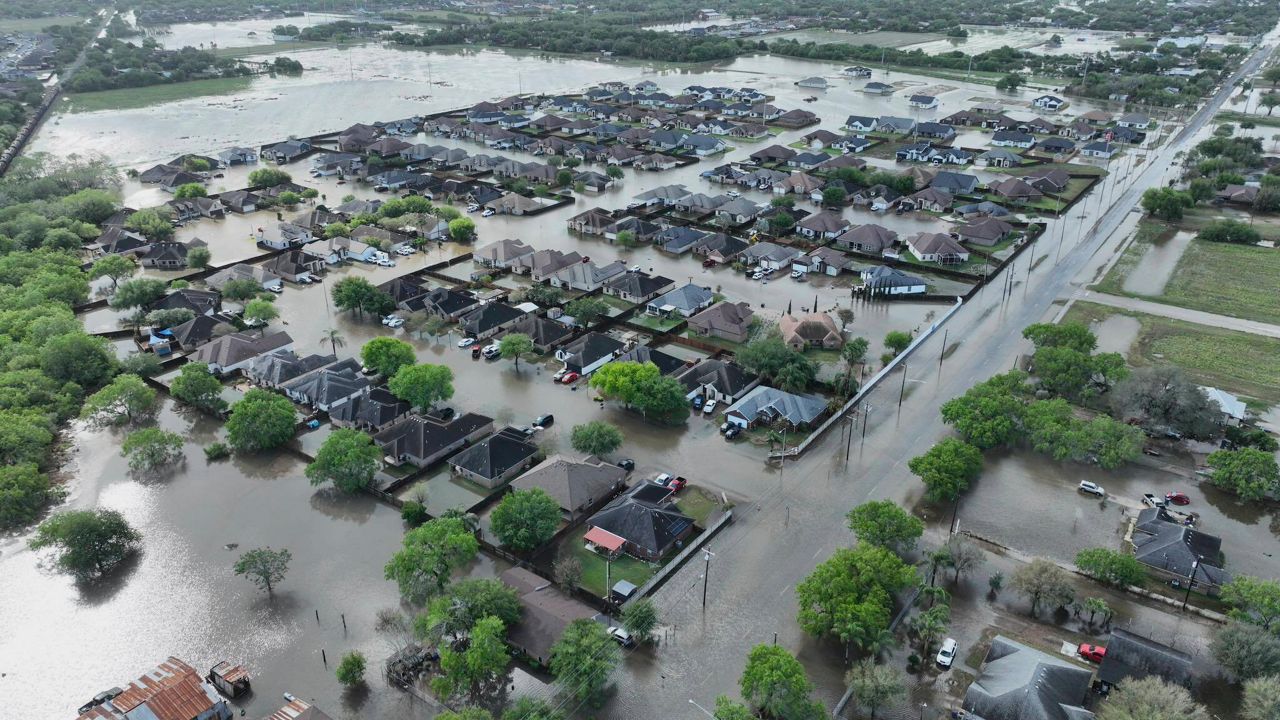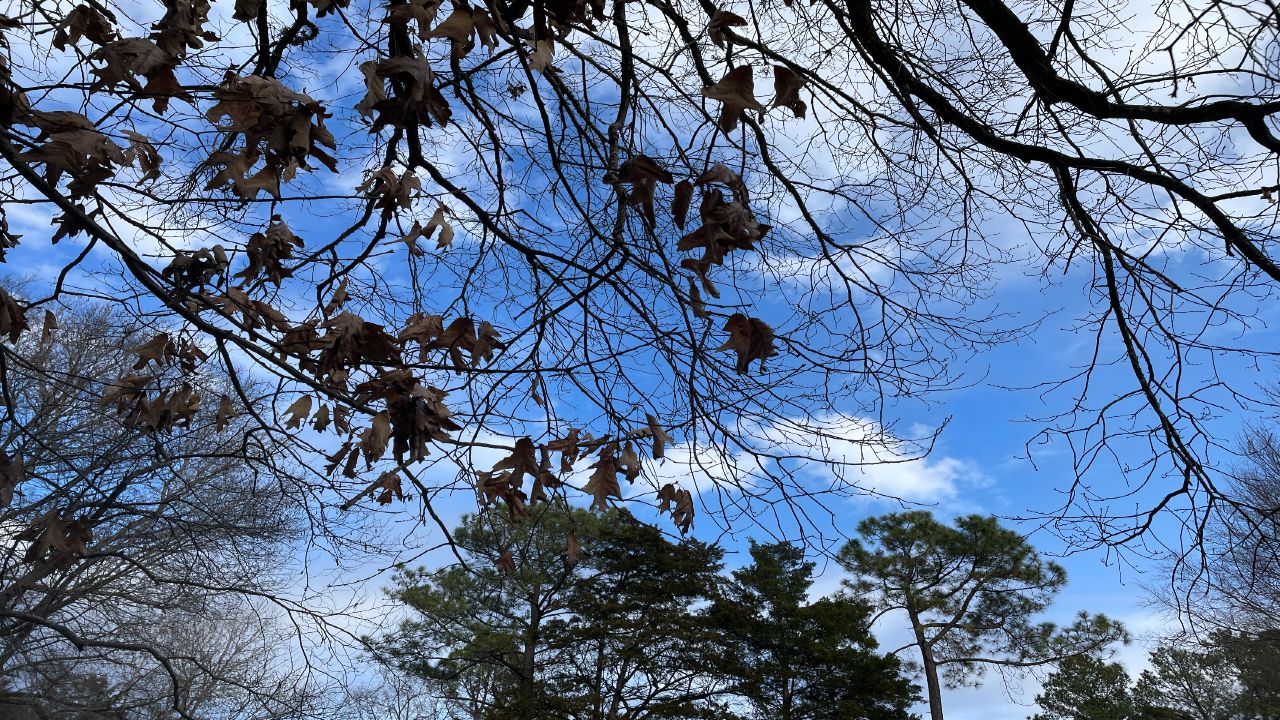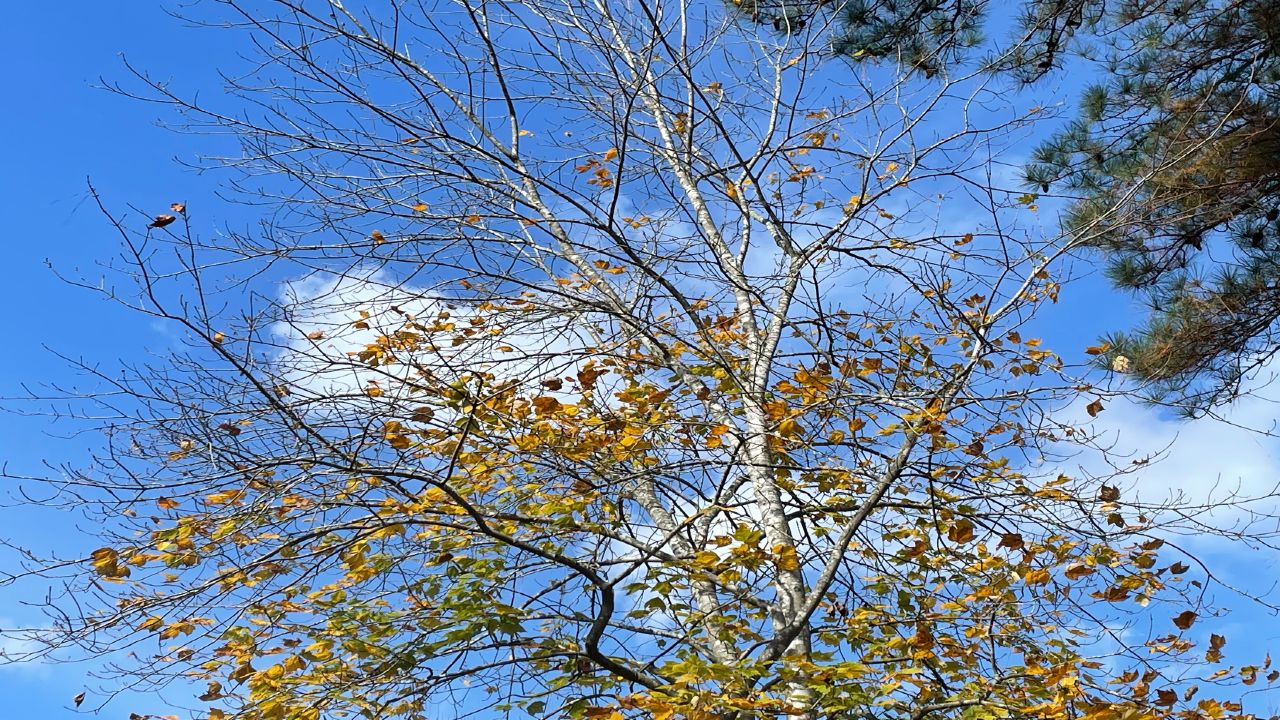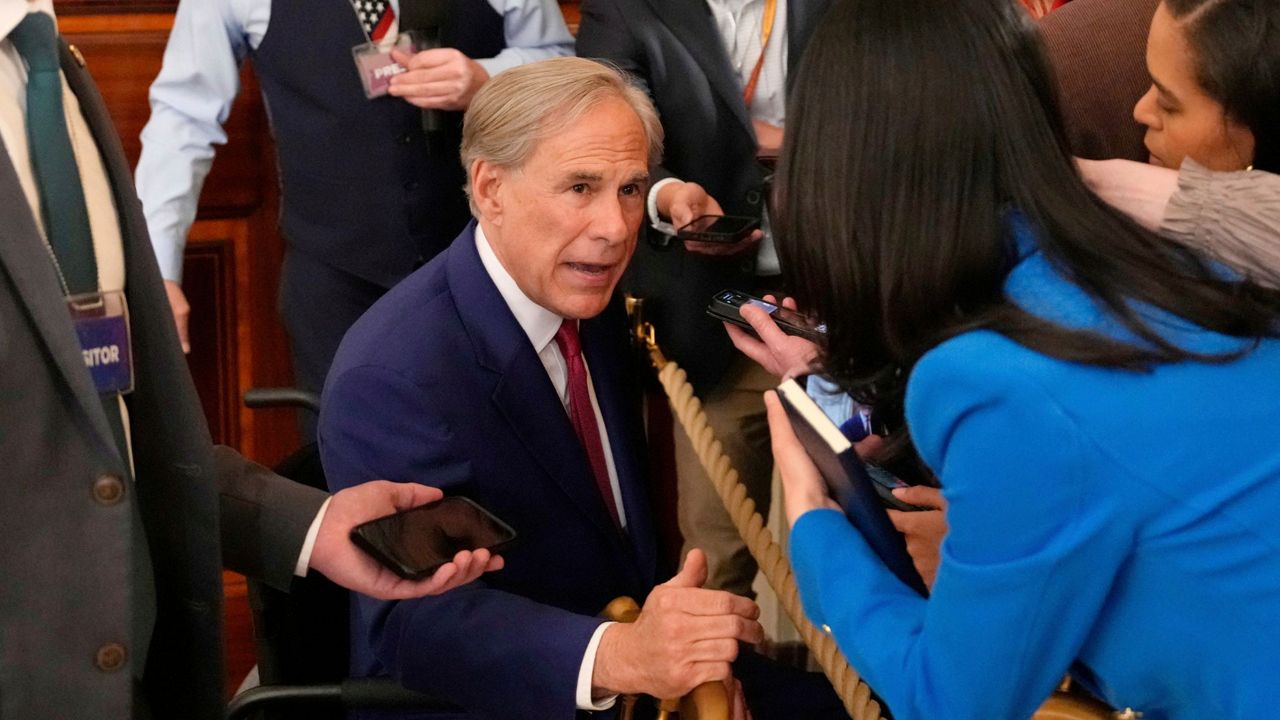DALLAS — In the middle of January, Rachel Leventon was number 155,000 on Collin County’s COVID-19 vaccine registration list. Although she has an autoimmune disorder, Leventon was willing to wait out what could be months for her time to come.
Her husband wasn’t as patient as his wife, whose condition makes her eligible for the vaccine in the 1B category, or those who are 16 or older with a health condition that increases the risk of severe illness.
As his wife homeschooled their three kids, aged 3, 9, and 11, Isaac Leventon spent hours registering her name on every vaccination site within a three-hour drive of their Richardson home.
“He literally went on the state’s vaccine distribution website and any place where it said the vaccine was being distributed...any hospital, any clinic, any pharmacy...he registered me,” she said.
Two days later, Leventon got the call. His wife had an appointment on January 30 in Marlin, the county seat of Fallas County, about 130 miles from the Leventon’s home.
The drive took two and a half hours each way. “It was the longest period I’ve been alone without my kids in a year,” she said, the smile on her face almost palpable through the phone.
Leventon is not the only Texan willing to travel several hours to get the vaccine. The state's slow and confusing rollout of the vaccine has forced many like Leventon to go searching for available doses.
Across the country, so-called “vaccine tourists” have turned up hours from their homes to get a jab of the COVID vaccine that otherwise could take them weeks or months to receive in their own cities.
In Amarillo, local news reports found dozens of people from New Mexico crossing the state line every day to receive the vaccine in the west Texas city.
Nationally, vaccine tourism made headlines when Florida opened up its vaccine criteria to anyone 65 and over. Tens of thousands drove to the Sunshine State in hopes of getting in line for the vaccine.
Then there was the wealthy Canadian couple who chartered a plane to a remote community of 100 people in the Yukon Territory to get the shot. That couple has been fined $1,200 for not quarantining for two weeks under local health guidance.
Indian tourism agencies in December touted all-inclusive tours to the United Kingdom and New York, complete with a shot of the COVID-19 vaccine.
Legally, Texans can get the vaccine anywhere in the state. And certainly, medical tourism is not a new thing.
"People are not required to get vaccinated in the county they live in," wrote Lara Anton, a press officer with the Texas Department of State Health Services in an emailed statement. "We know that many people work or go to school in a different county from where they live and they have the freedom to get vaccinated where it is most convenient for them."
Texas has 85 vaccination hub sites, all of which have agreed that they would not limit their vaccinations to residents of their county when they became a hub, Anton said. "Hubs have always been intended to serve the surrounding communities."
Anton said data collected by the Texas Dept. of State Health Services showed that 72% of vaccinated Texans were vaccinated in their home county. SO far, 99.66% of the vaccine doses administered in Texas has been administered to people who live in Texas, she said.
But the increase in people traveling outside of their cities and state – and sometimes country – raises ethical concerns about so-called vaccine tourism, said Stephanie Morain, an assistant professor in the Center for Medical Ethics and Health Policy at Baylor College of Medicine.
Currently, Texas is vaccinating its frontline workers and most vulnerable populations. On Friday, Texas reached 1 million vaccinated, but supplies are still limited, and getting the vaccine has been a frustrating and often complicated process for many Texans.
“My first response or concern I would have with this sort of ‘vaccine tourism’ is considerations of equity,” Morain said.
The groups that have been most affected by COVID-19 both at the highest rates of prevalence and the highest morbidity mortality tend to be from communities that are racial and ethnic minorities and more impoverished, she said. Meanwhile, perhaps on an individual level, those who would be better positioned to take the time and other resources to go travel to get the vaccine far from home tend to be groups who are wealthier and whiter, she added.
However, we may need to think differently about “vaccine tourism” when it comes to those seeking doses within a jurisdiction, she said.
“If we are talking about individuals who are driving across town to the pharmacy because the pharmacy is making it available to all individuals in 1B, that strikes me as less objectionable than the tourist who travels to sites that are deliberately set up to reach underserved communities,” Morain said. “That would be more concerning.”
Leventon said she had mixed emotions about getting the vaccine in another county and city.
When she reached the clinic in Marlin, no one asked Leventon why she was there or what group she was in. There were a few older adults in line with her.
“Once I got there, I felt bittersweet about it,” she said. “On one hand, I thought ‘this is awesome.’ But I was also thinking about all the people in the county there who should have been on the list.”
When it was her time to get the injection, she told the nurse she had driven down from Collin County. The nurse wasn’t surprised, and it gave Leventon the sense that she was not the only person from out of town who had reached the clinic that day or in previous days, Leventon said.
Then the nurse looked at her and said, “I’m glad you are getting the shot,” Leventon said.
The fact is, “having people vaccinated benefits everyone,” Morain of Baylor College of Medicine said.
The individuals who are involved in this process of rolling out the vaccine overall are people who are clearly motivated to help people, Morain said.
A major hindrance in the vaccine rollout is the balancing act of getting the vaccine into the right arms without bogging down the system by requiring hundreds of forms to prove one is eligible, she said.
“Where we see things fall short is that the system level, in which a lot of the public health officials who are asked to do these things were in underfunded departments before COVID,” Morain said.
“We gave incredible resources to the scientific development of vaccines and that was not coupled with the resources to plan for the vaccine rollout,” she said.






